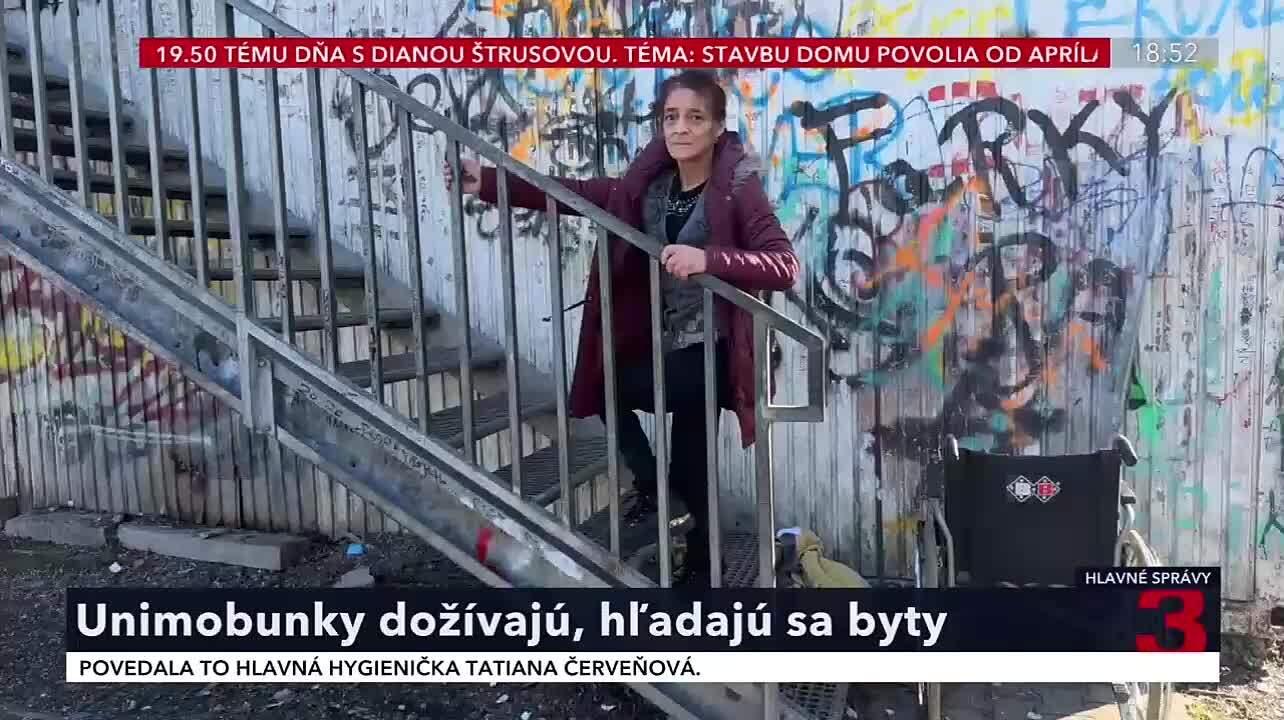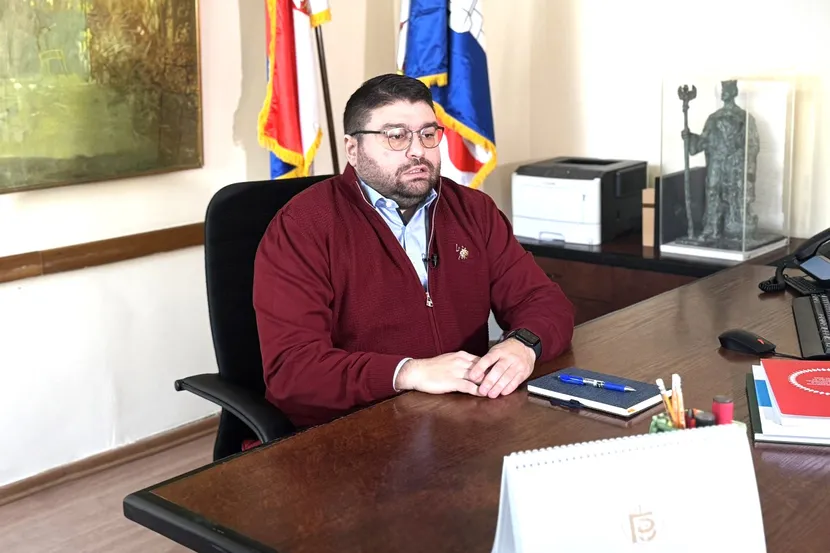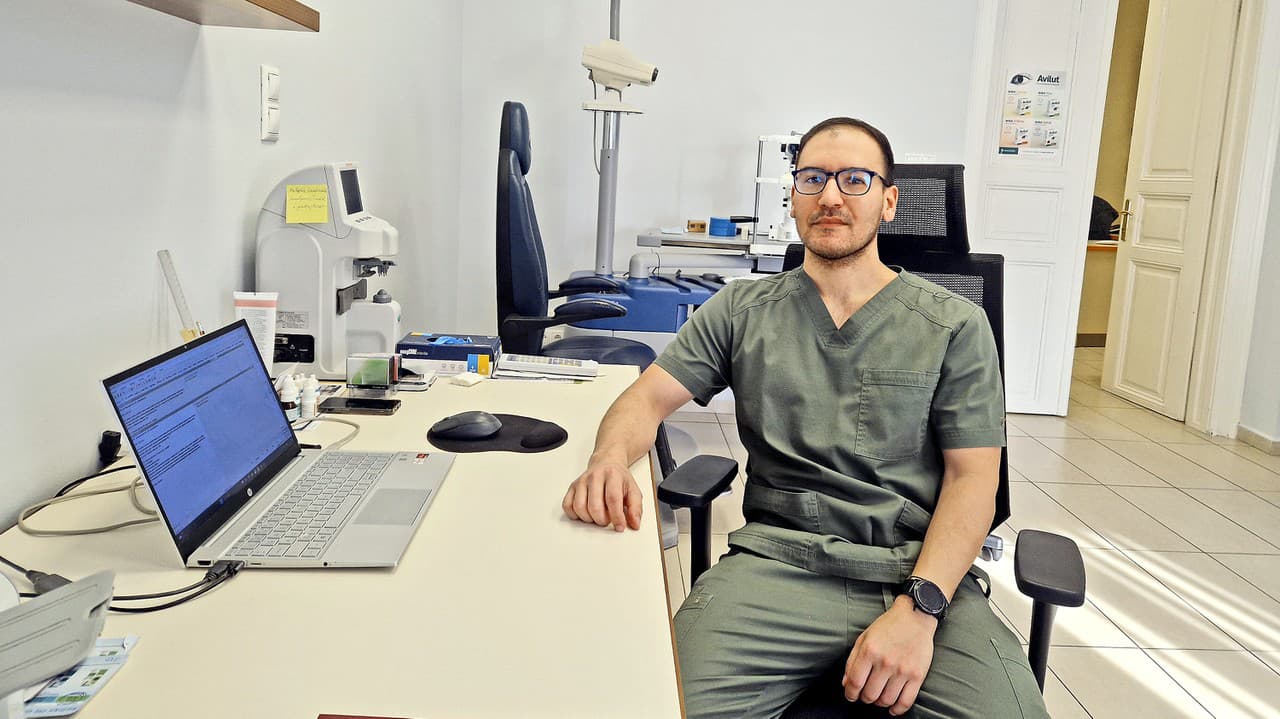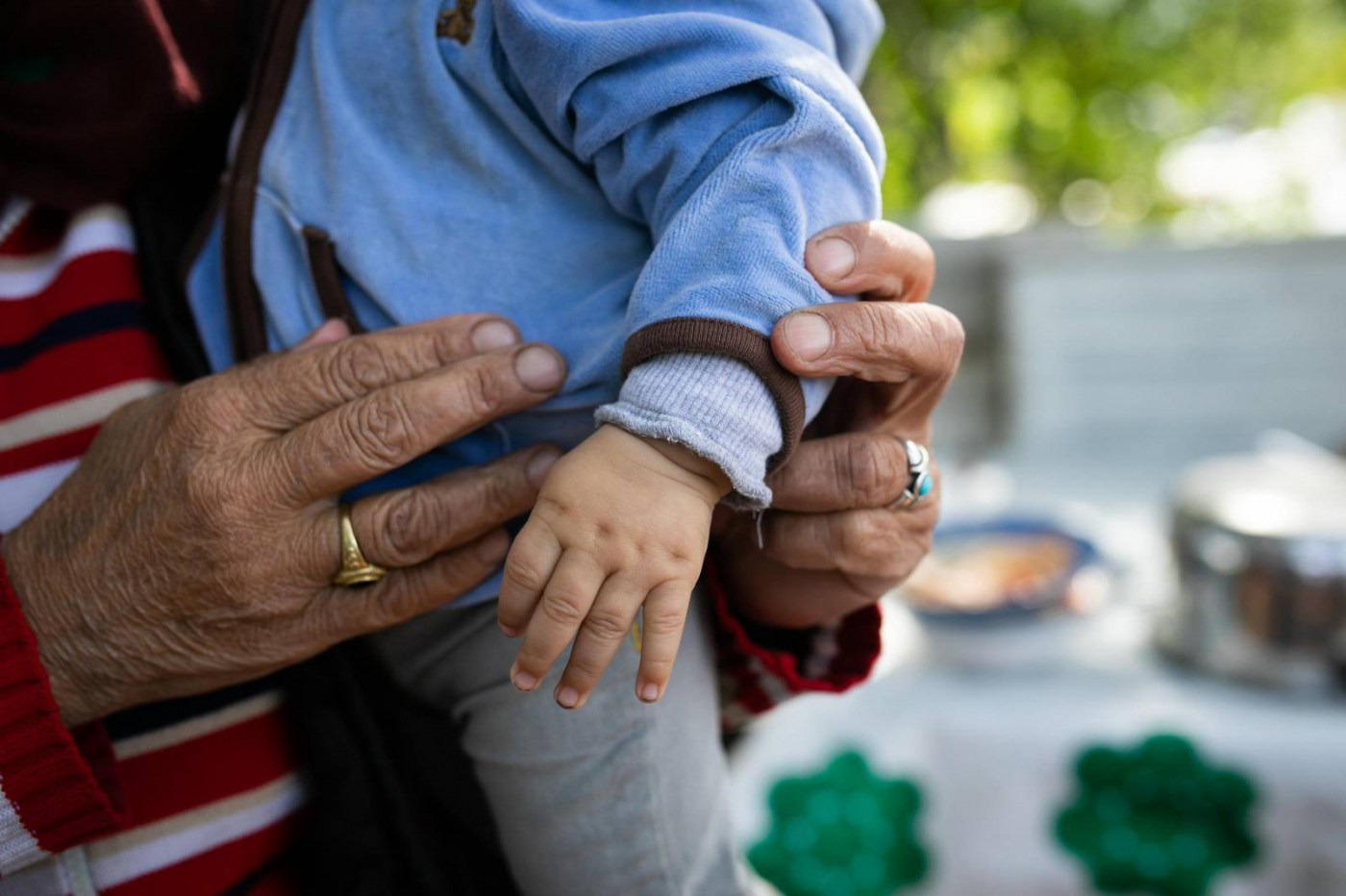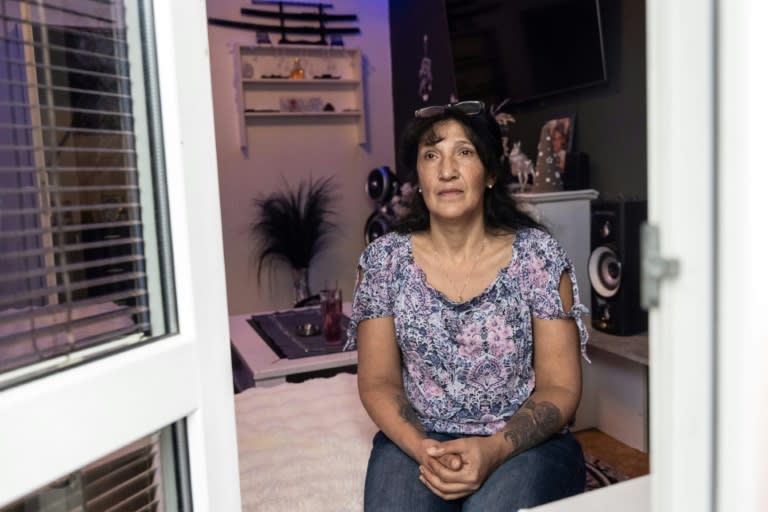Jovanovic (2014) reports on the still poor access of Rroma to the European health care system. This is reflected in lower life expectancy, increased sensitivity to various diseases and outright discrimination in health institutions. The widespread poverty among Rroma additionally hinders their access to good health care. On the occasion of this large deficit, the European Commission launched a conference with the aim to reduce discrimination when accessing health care. For Rroma, this means better participation in the implementation of health programs. The Rroma need to be more involved in the conception and execution of these programs. It is frightening that the topic does not end with discrimination, but there are still deliberate physical interventions such as sterilizations, that are performed: “When Roma are segregated from other patients, coerced into sterilization during childbirth, given substandard treatment, or told to go elsewhere for follow-up, all Europeans are degraded. It is a shocking irony that many of us should experience such harm at the very hospitals and clinics that ought to provide us with support and care. The result is costly for Europe’s economy and for health systems. Europe’s Roma population is young — the average age of Roma is only 25 — but too many of us lack the education and training needed to enter the labor market, resulting in the loss of 175 million euros each year, according to the World Bank.”
- Jovanovic, Maja Saitovic (2014) To make European health fairer, answer the needs of Roma. In: New Europe online vom 23.3.2014. http://www.neurope.eu/article/make-european-health-fairer-answer-needs-roma
